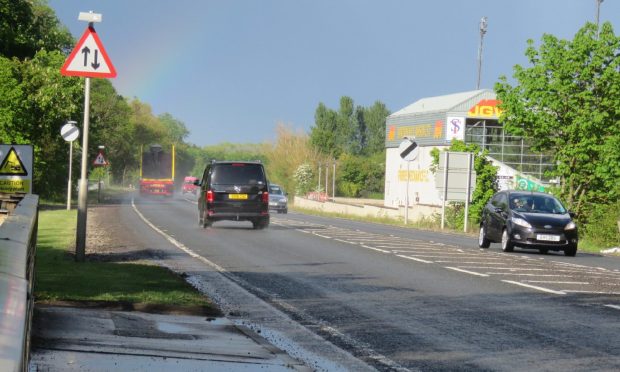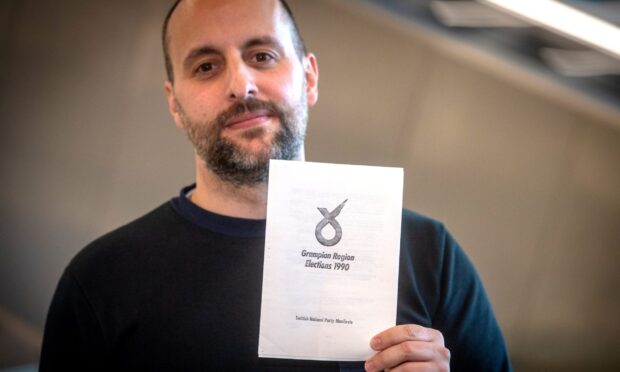The coronavirus pandemic has increased fraud risk, according to a new Audit Scotland report identifying more than £15 million in potential fraud and errors across the public sector since 2018.
The public spending watchdog warned there was “potentially less scrutiny” of those applying for Covid-19 grants as public sector staff work remotely under “extreme” pressure.
The warning was contained in Audit Scotland’s National Fraud Initiative (NFI), which is run every two years to ensure pensions, housing benefit and other services go to the right people.
Cases of fraud and errors totalling £15.3 million were identified, a fall of £2.4 million since the last report two years before.
The fall was partly down to immigration data not being included in the most recent NFI exercise as a result of Home Office restrictions after the review into the treatment of the Windrush generation.
The NFI, which is co-ordinated by Audit Scotland, said public bodies must identify and manage additional fraud risks arising from the Covid-19 crisis.
The included a cybercrime increase as staff work remotely, often under extreme pressure.
It urged organisations to be aware of an increase in phishing emails, which attempt to get workers to click on links that give fraudsters access to public sector systems.
It also warned of government stimulus packages to support individuals and businesses being “provided quickly and with a lower level of scrutiny and due diligence than has previously been in place for similar schemes”.
Many staff are working remotely under extreme pressure, which makes good governance and sound controls more important than ever.”
Audit Services director Fiona Kordiack
Fiona Kordiak, director of Audit Services, said the cash identified demonstrated the value of the NFI’s checks “at a time when Covid-19 has put budgets under intense pressure”.
She added: “The pandemic has also brought additional fraud risks that will be important for public bodies to identify and manage. Many staff are working remotely under extreme pressure, which makes good governance and sound controls more important than ever.”
The NFI checks the Scottish Public Pensions Agency (SPPA) and councils are only paying those who are still alive. Its most recent figures show £3.2m in frauds and errors were found, a decrease of £2.2m on the previous exercise.
This was down to a new reporting process and the SPPA carrying out six-monthly mortality screening. An example of one error detected in the Dundee City Council area was that of £22,000 paid to a pensioner, who had been living in Canada, after his death in 2016.

A total of £4.9m was paid out in council tax discount incorrectly awarded, an increase from the £4.4m detected in the previous exercise.
The value and number of housing benefit cases recorded with overpayments has risen from £2.1 million from 710 cases in the 2016/17 NFI, to £2.8 million from 1,238 cases in the most recent NFI. Although the number of benefit cases has risen, the average individual value of overpayments has fallen from £2,923 in the 2016/17 NFI exercise to £2,292 in 2018/19
The amount overpaid under blue badges for free parking for those with mobility problems fell by £0.7m to £1.8m. The number of instances of false claims for blue badges fell by 1,290 to 3,215.
Blue badges are sometimes renewed and used improperly after the holder has died.
The NFI also looked at council house waiting list fraud and found 230 cases where there were undisclosed changes in circumstances or false information had been provided. The estimated value of these cases was £0.7m, based on the estimated cost of housing a family in temporary accommodation and the likelihood a waiting list applicant would be provided with a property.
Around £0.4m was identified when it came to councils paying for care home residents who had died. Around £0.3m was found in council tax reduction cases, a scheme designed to help those on low incomes.











